Privatisation woes mark a troubled year for education
The number of out-of-school children in Punjab increases from 20m to 27m
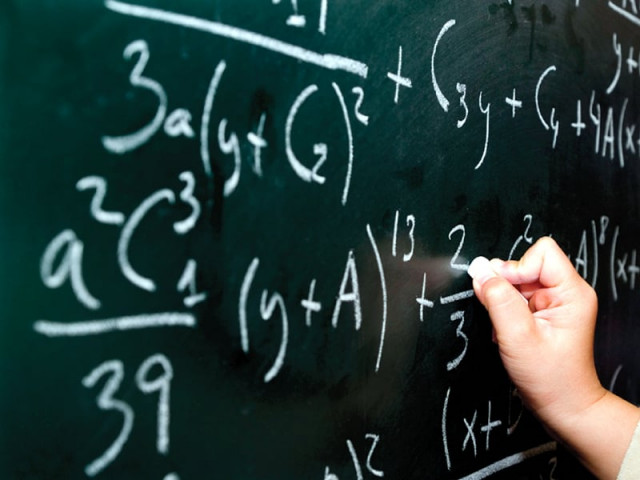
The outgoing year 2024 turned out to be extremely "disappointing" and "educationally disastrous" for the Punjab education department in terms of controversial policies, especially privatisation.
Teachers and non-teaching staff remained on continuous strikes against the government's academic policies. Record holidays in educational institutions were also recorded this year.
This year also witnessed an alarming rise in the sale of government schools, mass dismissals of teachers, and rationalisation. Educators observed October 5, which was traditionally celebrated as Salam Teacher's Day, as a Black Day.
The admissions campaign in government schools failed miserably and the number of school dropouts increased. The number of out-of-school children in Punjab significantly increased from 20 million to 27 million.
The total number of government schools in Punjab is 47,600. Of these, 5,800 schools were sold through privatisation in the first phase, leaving 41,800 schools beyond.
In the second phase, applications for the privatisation of 13,000 more schools have been submitted. Once this process is completed in January 2025, the number of government schools will decrease further to 28,800 by January 31 and 110,000 teachers will be declared surplus.
As of now, 1,200 teachers' union leaders have been suspended, and 5,000 dismissed teachers have received show-cause notices due to protests against privatisation. On January 1, 2024, there were 425,000 approved posts for teachers in government schools, with a staggering 133,000 seats remaining vacant.
To make matters worse, not a single new teacher was recruited this year. Furthermore, 18,000 schools are currently without a permanent head. A new rationalisation of teachers and schools is set to commence on January 1. The government plans to privatise 100% of all primary schools across Punjab next year.
Rana Liaquat Ali, the secretary general of the Punjab Teachers Union Central and Muhammad Shafiq Bhalwalia, the central secretary of the Punjab SES Teachers Association, have voiced strong concerns over the privatisation of primary schools in Punjab.
Rana Liaquat warns private sector involvement will undermine the foundation of a child's training and demands the reinstatement of dismissed teachers, new appointments in vacant positions, and an end to cuts in pensions and gratuities.
Muhammad Shafiq Bhalwalia also rejects the privatisation of schools, citing the negative impact on poor children who will be forced to drop out due to hefty fees. He warns this trend will limit the future prospects of underprivileged children, restricting them to menial jobs.
Abdul Rauf Kayani, the president of the Primary Elementary Secondary Teachers Association (PESTA), has also strongly condemned the privatisation of schools, calling it unconstitutional and illegal.
According to him, the government is bound by the constitution to provide free education. Instead, he suggests the government should focus on reducing unnecessary expenditures, such as large vehicles, free petrol, and electricity.
The situation is indeed dire, with the number of out-of-school children already reaching 27m this year, and projected to increase to 30m by the first quarter of the new year.
This alarming trend spells disaster for the education system. Moreover, the dismissal of teachers, non-teaching staff, watchmen, and messengers will have far-reaching consequences, including increased crimes and suicides.
The distribution of free textbooks has been discontinued. Previously, government schools offered free education and free textbooks. Now, with both of these benefits eliminated, the relevance and usefulness of government schools are on the verge of collapse.
Punjab Education Minister Rana Sikandar Hayat put his weight behind the privatisation of schools and claims that allowances for future head teachers and school heads are being increased.
The government is also investing in the construction of 5,000 new classrooms and launching a mobile bus library to promote education among children, he said, adding scholarships for children have been increased and that teachers will receive motorbikes.


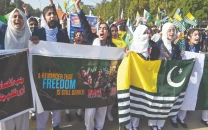
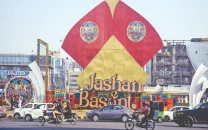
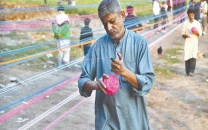
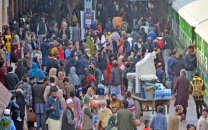













COMMENTS
Comments are moderated and generally will be posted if they are on-topic and not abusive.
For more information, please see our Comments FAQ